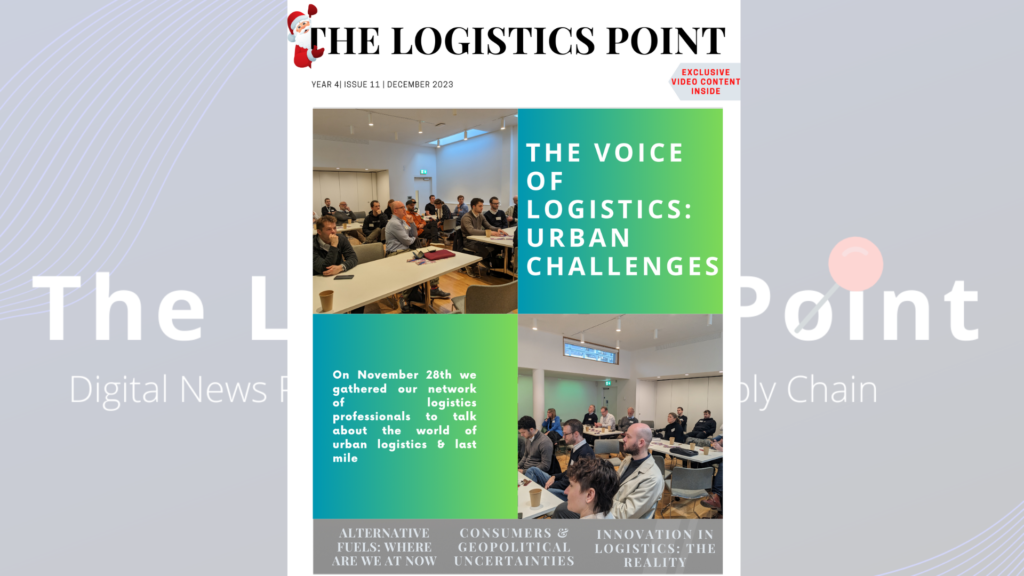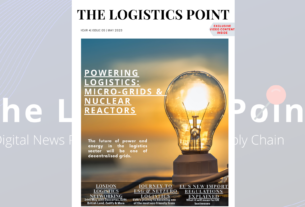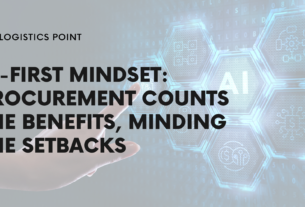Uncertainty has always been an integral part of supply chains but many companies fail to see the benefits and value it as something that can benefit their operations. On the surface this makes sense, but those who manage to grab the uncertainty and learn from it benefit the most. We spoke to Tim Payne, Research Vice President at Gartner about recent research and the role of uncertainty in strong organisations.

Tim, how open to uncertainty are companies and how many manage to cope well and thrive?
Majority of companies are at the end of the scale where they do not like uncertainty. ⅔ of companies are in what we would call the ‘Fragile State’: they really do not like uncertainty and like to know everything so they can predict demand and production. The reason is that they have a relative loss in value and revenue every time they experience uncertainty.
28% of companies are in a situation where they can suffer no loss due to uncertainty. They are in a resilient state and are able to operate within that and recover and operate.
Only around 9% of companies are in what we call the ‘Anti-Fragile State’ which means they are actually able to gain enough knowledge and improve. Because of that they can actually benefit highly from whatever has happened. AT the moment the majority is in the ‘Fragile State’ and a minority are able to deliver value regardless of what happens.
Best Skills
- Decision Processes and Collaboration: Enabling dynamic decision processes during uncertainty (4.9x more likely to have a positive revenue impact).
- Calculating ROI for Supply Chain Investments: Assessing the value of investing at different times due to uncertainty (4.5x).
- Managing the Assessment of Uncertainty: Performing a high degree of experimentation on the supply chain to stress test it (3.7x).
- Supply Chain Redundancy: Viewing redundancy (e.g., inventory, capacity, multiple suppliers) as an investment opportunity (3.6x).
- Supply Chain Planning: A focus on end-to-end (E2E) planning policies (probabilities, options, thresholds) in the midterm and accurate functional short-term planning (2.5x).
- Monitoring, Adjustments and Responsiveness: Monitoring at “arm’s length” to intervene only if policies are breached and empower local stakeholders to adjust within policies (2.1x).

Does it depend where they operate geographically and the industry they are in?
We have seen these be true across all sectors whether it is in retail, manufacturing, hightech, etc. The successful companies seem to have a specific mindset which is operated from the top down.
The way people and supply chain officers think are very different depending on what state the company is in. ‘Anti-Fragile State’ organisations like uncertainty and are open to it.

They accept that apart from dealing with the problem, they are able to learn and evolve. ‘Fragile State’ organisations see it as a cost premium that also affects insurance and all aspects negatively. However, successful companies see uncertainty as an investment.
The way both look at the future is very different too. All of these translate into a set of capabilities that really help. We have identified that each capability is different depending on the state of the organisation. ✷


